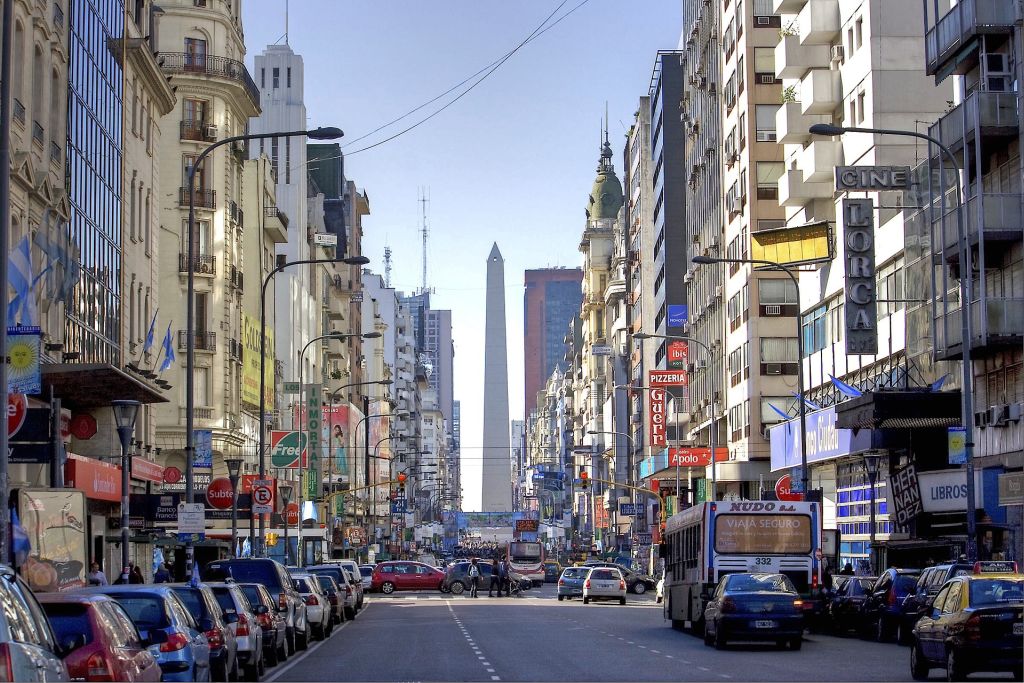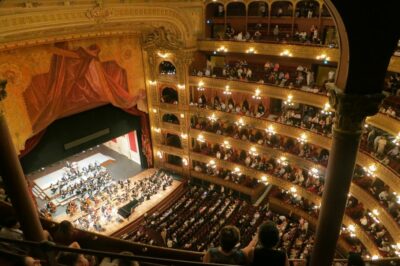EU-Mercosur Agreement: Is 2023 the last chance?
At its summit meeting a few days ago, Mercosur showed itself to be divided. If Brazil does not soon provide impetus for a new integration in South America, then the agreement with the EU will hardly be salvageable.
by Alexander Busch, Latin America correspondent for Handelsblatt and Neue Zürcher Zeitung
Mercosur presented a sad picture at its traditional meeting. As at summits in recent years, Brazilian President Jair Bolsonaro was absent. Uruguayan President Luis Lacalle Pou handed over the temporary presidency for the next six months to Alberto Fernández of Argentina.
But there was little sign of harmony at the summit. The Argentine president strongly criticized Uruguay. This is because the country is not only negotiating a free trade agreement with China – which is not allowed under the Community’s statutes. Only together can the four member states conclude negotiations with other partners. Lacalle Pou also announced at the summit that Uruguay had applied for membership of the Trans-Pacific Partnership (TPP). This is the large Pacific Rim alliance of eleven Asian and American states, which China could also soon join.
In response to criticism from Argentina, Uruguay’s representatives stated, mutatis mutandis, that Mercosur was increasingly becoming a burden for their country. Mercosur’s lack of will to conclude new agreements with other regions or countries would limit Uruguay’s potential in world trade. Mercosur has not negotiated an agreement with any of the ten largest economies in the world.
The Argentine president, in turn, declared these days that he wanted to renegotiate the agreement with the EU. The Argentinean automotive industry needs more protection than is provided for in the agreement. Otherwise, European carmakers in particular would flood the country with their exports. The fact that many of the car factories in Argentina belong to European manufacturers – that did not seem to be a contradiction to the Argentine president.
Argentina is also the country within Mercosur that impedes imports from partner countries the most: Of the 87 market access restrictions imposed on Brazilian exporters worldwide, twelve originate from Argentina.
At the same time, Josep Borrell, the EU’s foreign affairs representative from Spain, is campaigning hard these days in South America to inject a new dynamic into the agreement between Mercosur and the EU. “The Brazilian presidency of Mercosur and the Spanish presidency of the EU in the second half of 2023, offer a great opportunity to give the necessary new impetus to the relationship between the EU and Mercosur.”
The decisive factor, however, is likely to be the position of Brazil under Luiz Inácio Lula da Silva, who takes up his presidency on January 1, 2023. So far, all Lula has said about the agreement with the EU is that it will have to be renegotiated.
Lula’s designated foreign minister, Mauro Vieira, has now stated in his first detailed press briefing that the president’s first international trips will be to Argentina, the United States and China. Otherwise, in addition to South and Latin America, Africa would be the new government’s main priority. Vieira mentioned Europe and Mercosur only in passing.
So it is likely to be decided in the next few months whether the agreement between the EU and Mercosur can be given new life – or should be abandoned for good.






